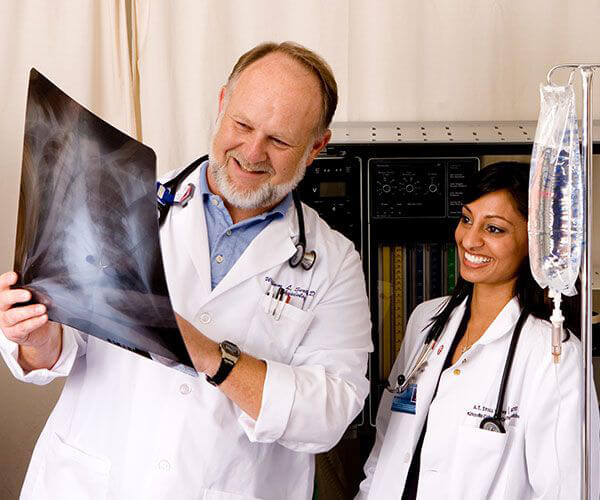Your Role as a Preceptor
As a preceptor your most important work is to:
- Set expectations for students early in their rotation
- Provide ongoing feedback throughout the rotation
- Fill out evaluations and discuss them with students on the last day of their rotation
- Always be an exemplary and positive role-model (teach them about your speciality and the profession in and out of the office).
To optimize the teaching/learning encounter with a KCOM medical student, preceptors are asked to carry-out the following functions:
Administrative Duties
- Orient student to the rotation and training site. Clearly identify specific service and personal expectations.
- Encourage office/ancillary care staff to be helpful and make student feel a part of the team.
- Complete a formal written evaluation of the student’s performance during the rotation and give formative feedback midway through rotation.
- Contact the Regional Assistant Dean or Director of Student Medical Education to discuss issues of concern or poor student performance.
Teaching Duties
- Serve as a mentor (experienced and prudent advisor) who assists the student in applying knowledge and building skills to problem-solve patient care.
- Provide a variety of patient cases and adequate patient volume.
- Challenge the student with deliberate and thoughtful questions.
- Allow the student to participate in patient management to a degree appropriate for the level of training.
- Provide written and verbal feedback to the student in a constructive and timely manner.
- Be available, on site, for assistance during all patient care activities.
- Share learning resources (texts, computers and educational programs if available) sufficient to increase student knowledge and productivity.
- Assign readings, literature searches, or medical information gathering pertinent to patient cases.
- Integrate Osteopathic Manipulate Medicine into the rotation experience. As such, encourage the use of hands-on OMT as appropriate for the level of training.
If you are unclear about the scope of these duties, or would like additional materials to develop your teaching/mentoring skills, contact your Regional Assistant Dean/Director of Student Medical Education.

